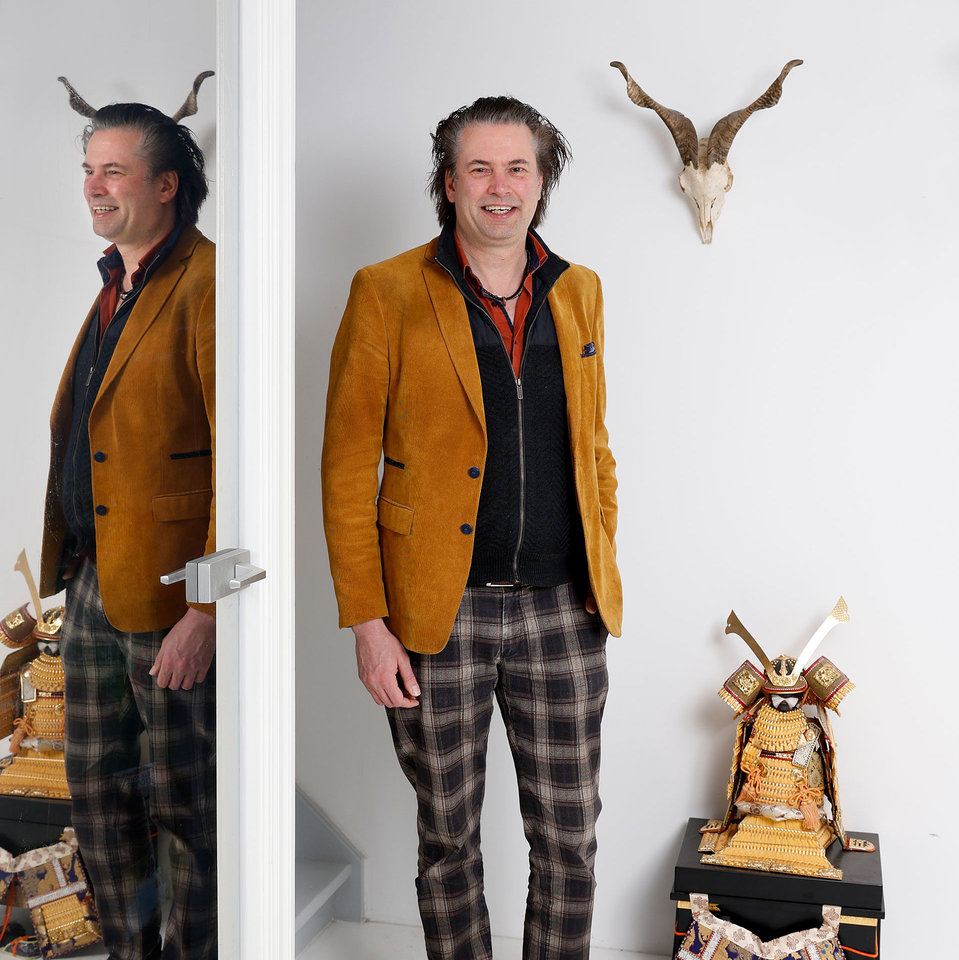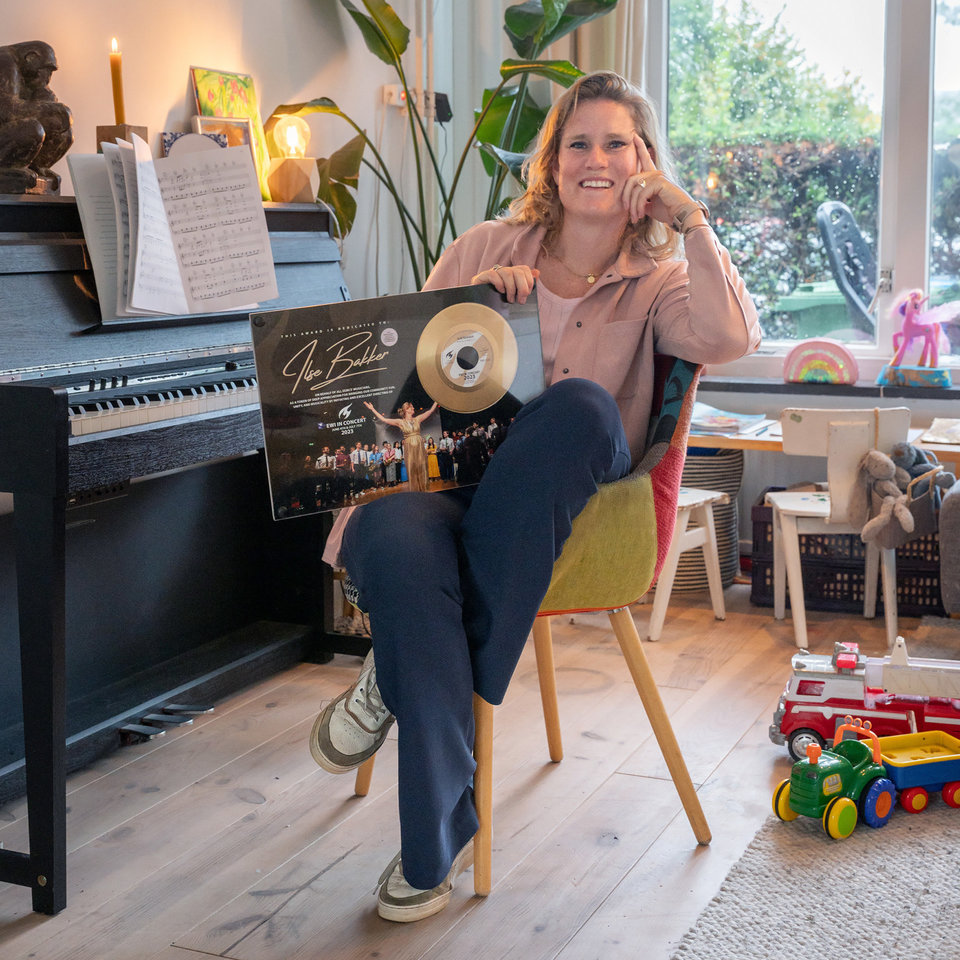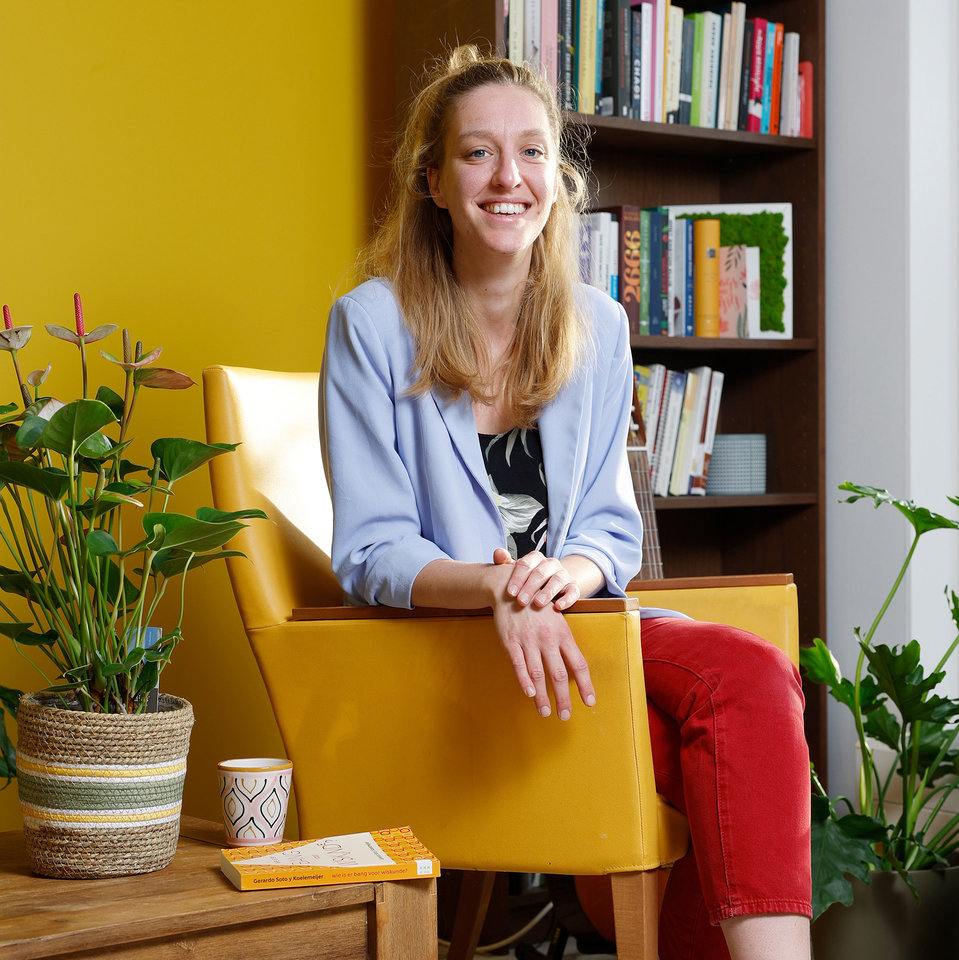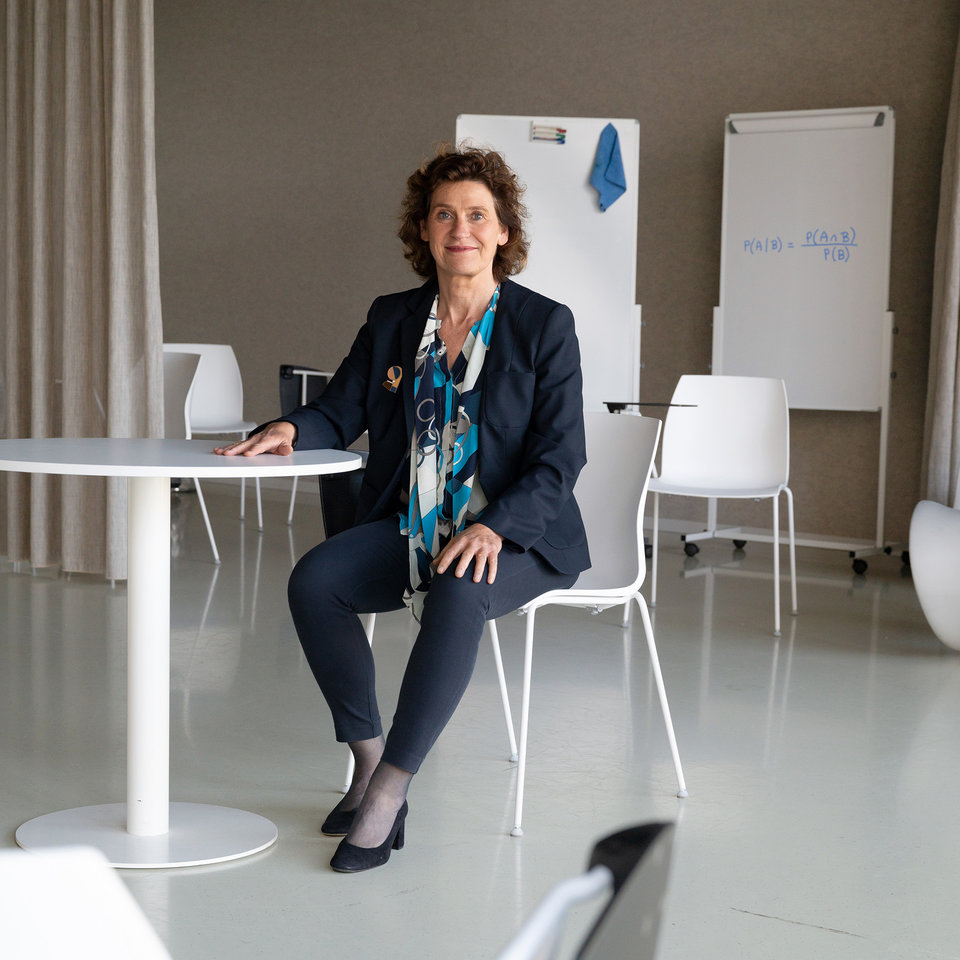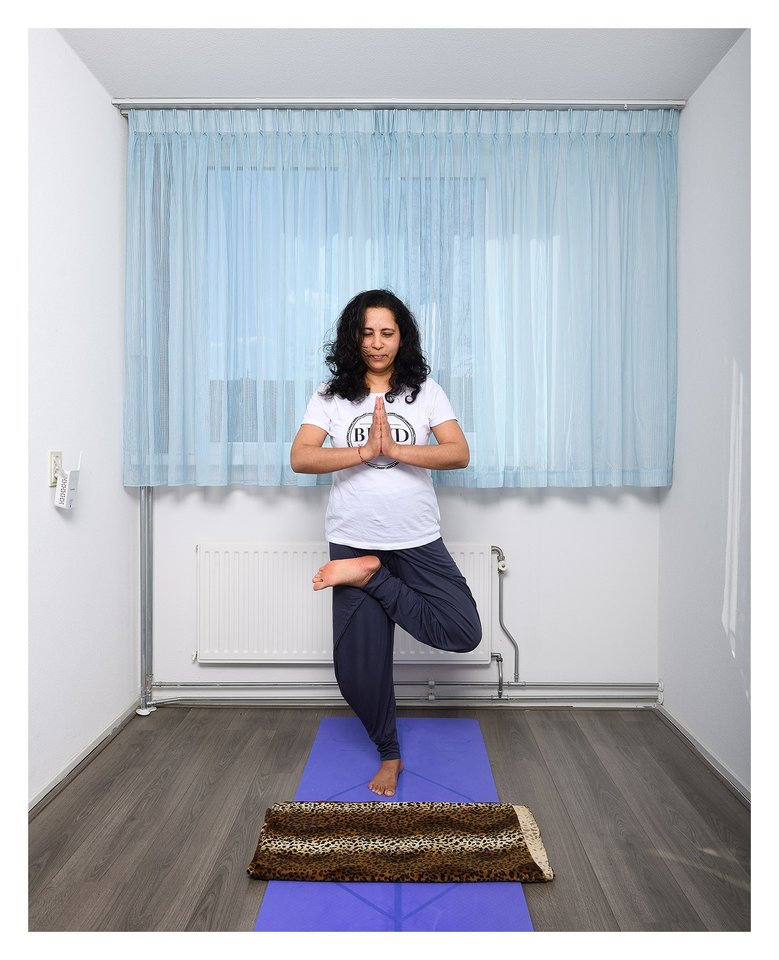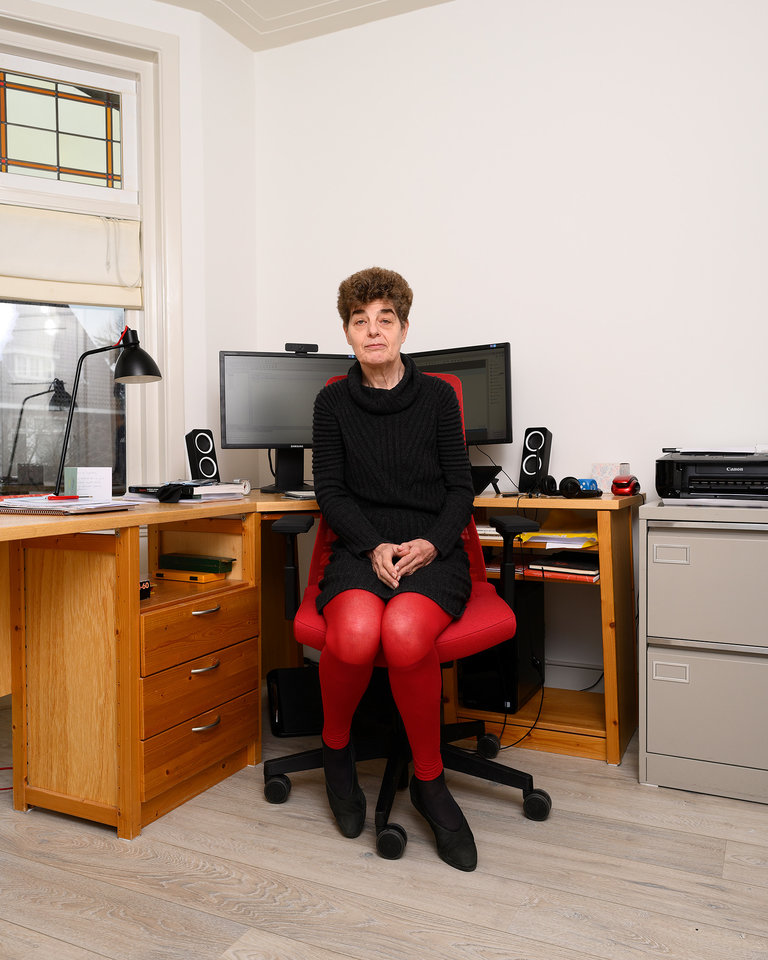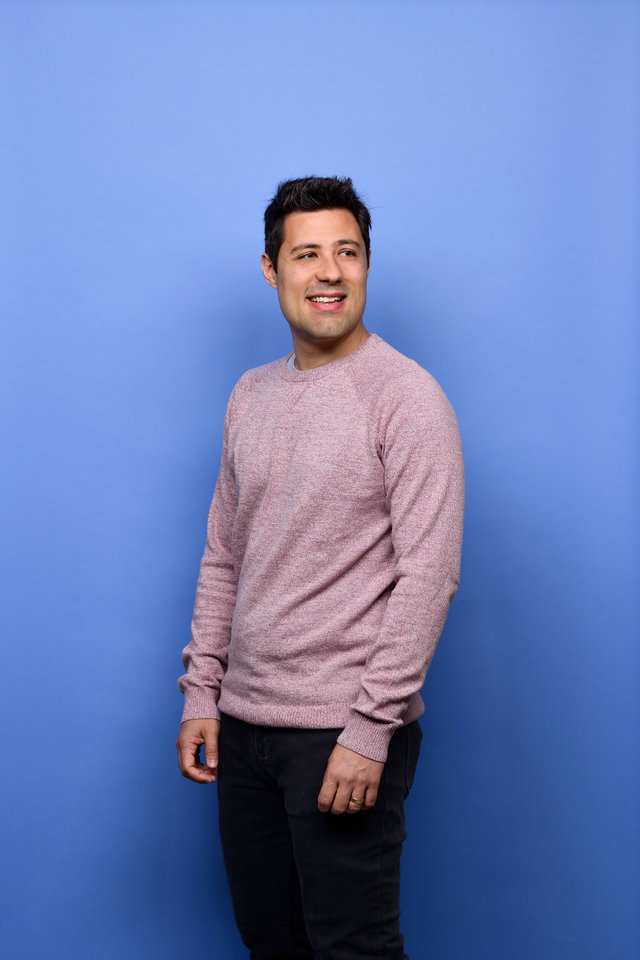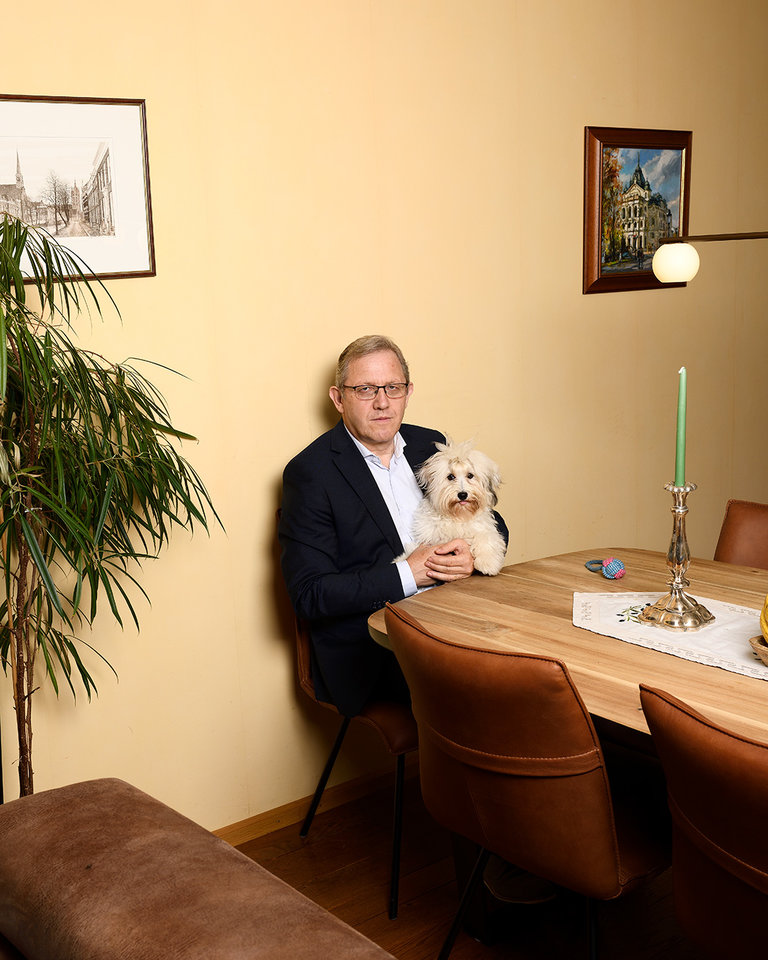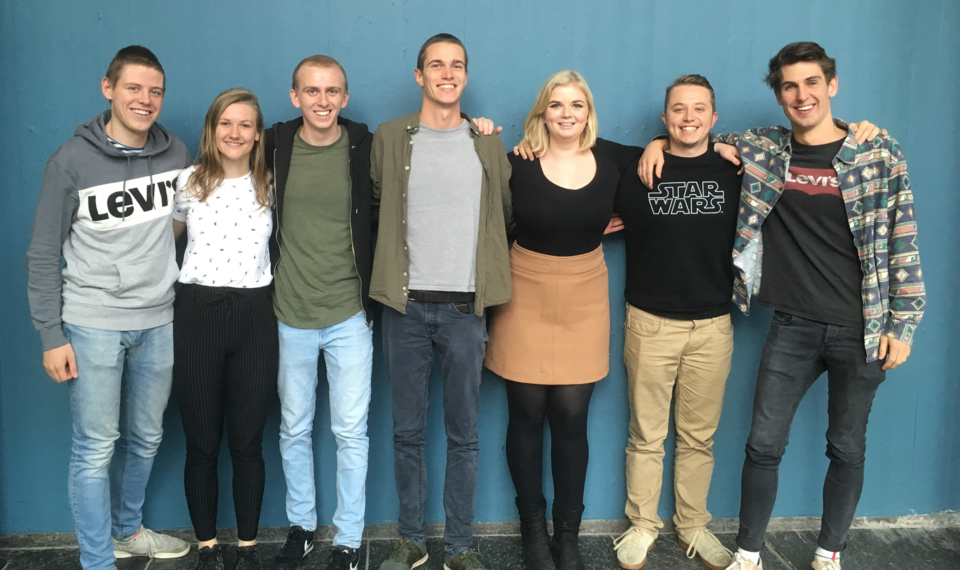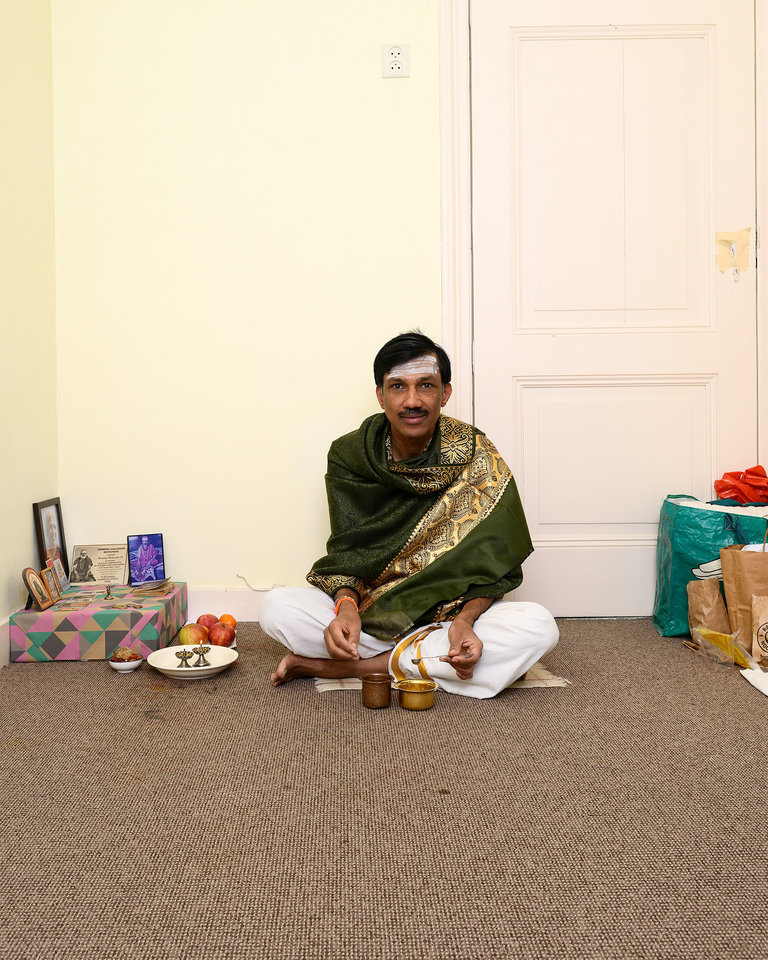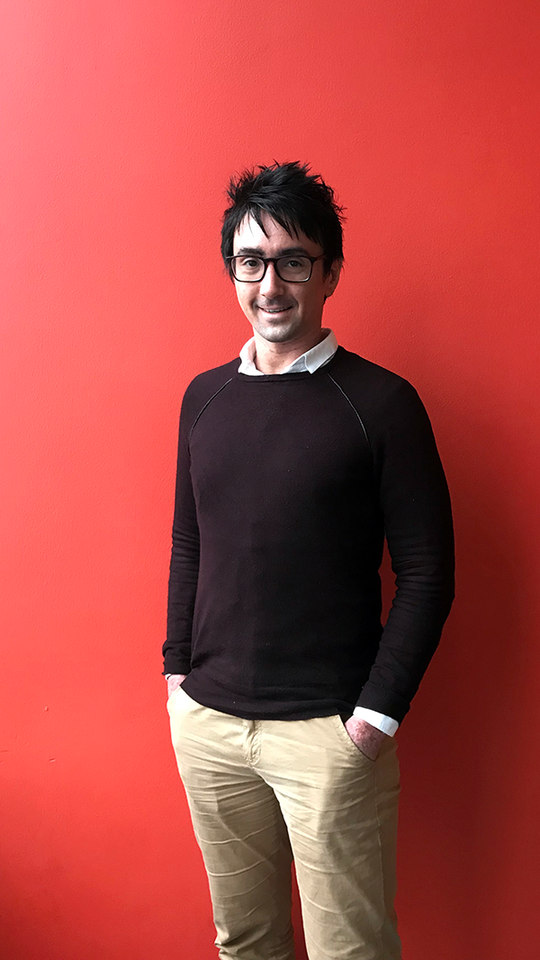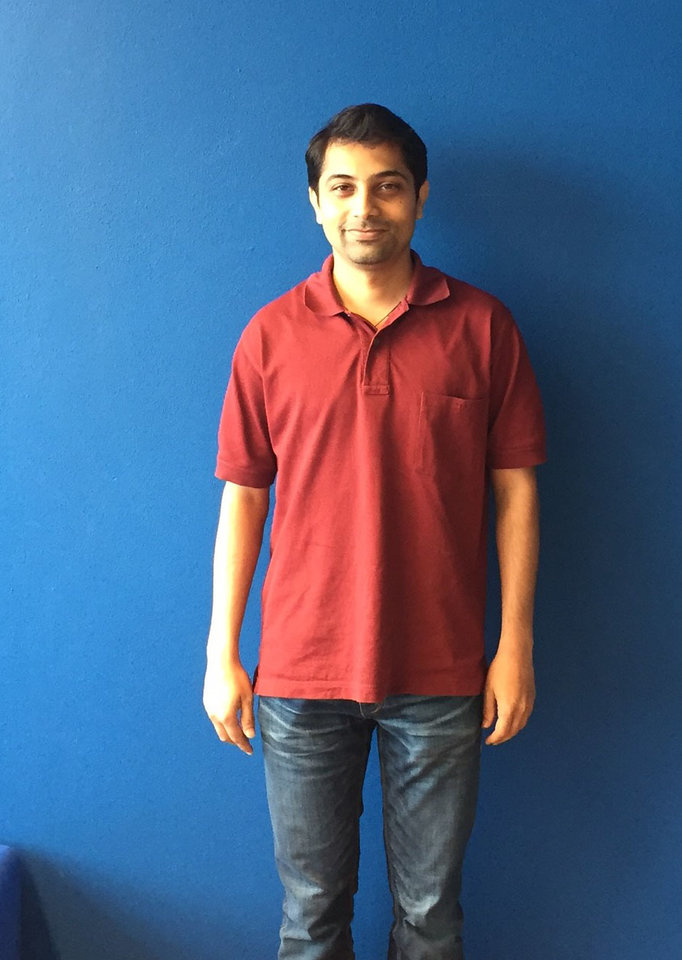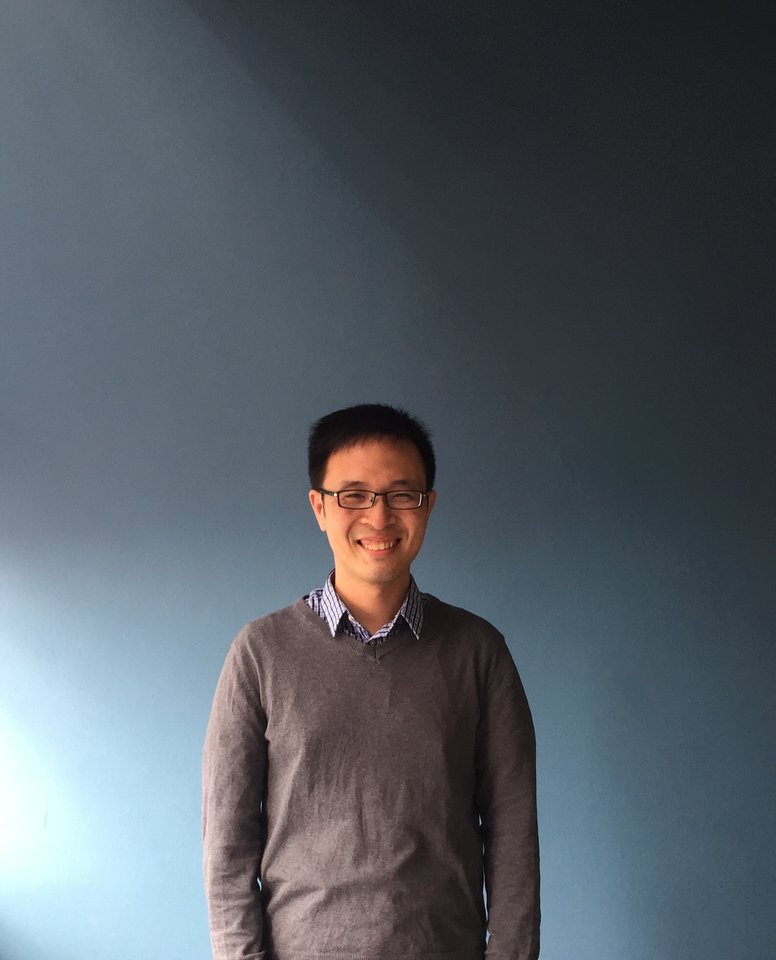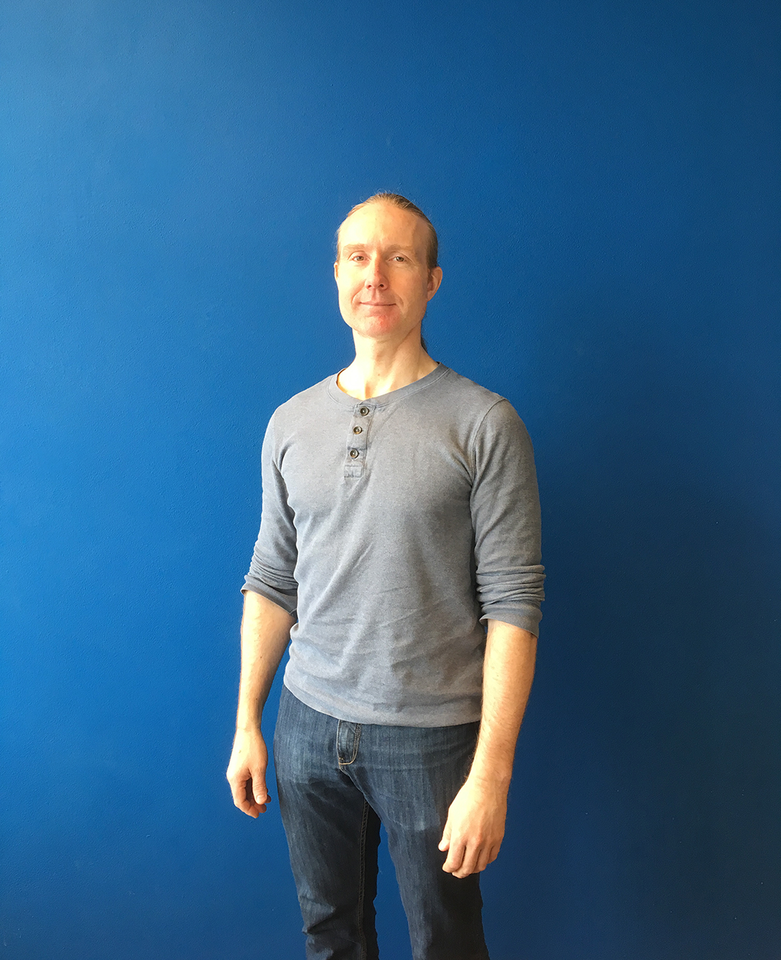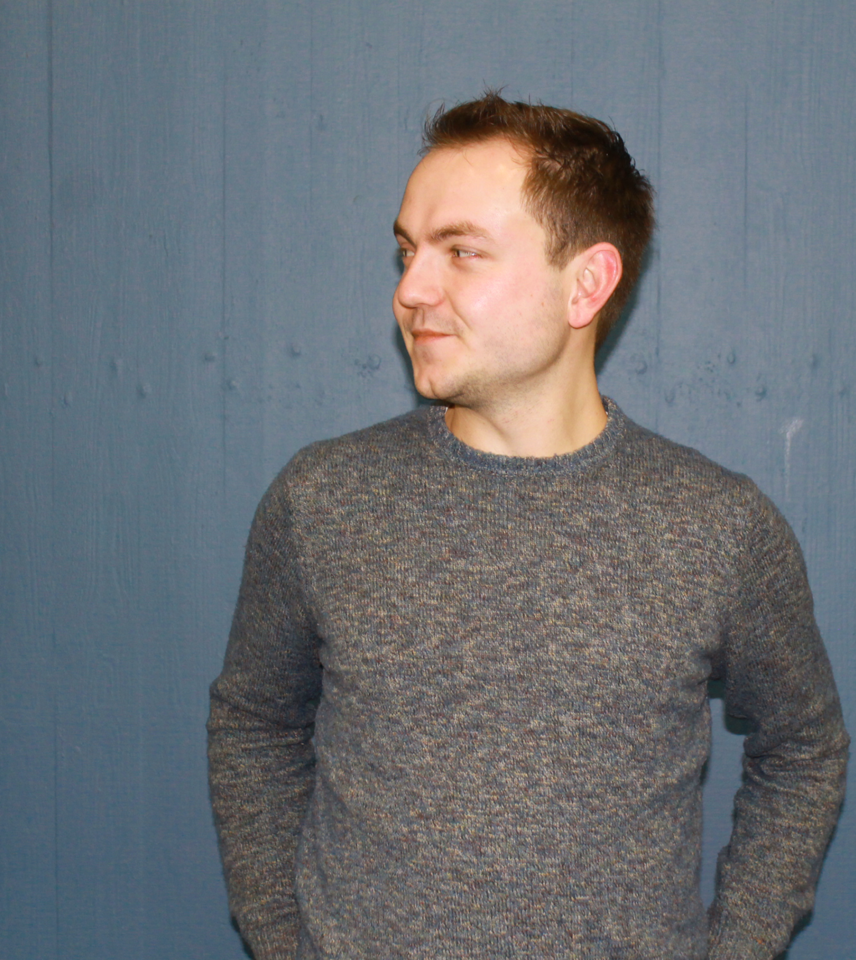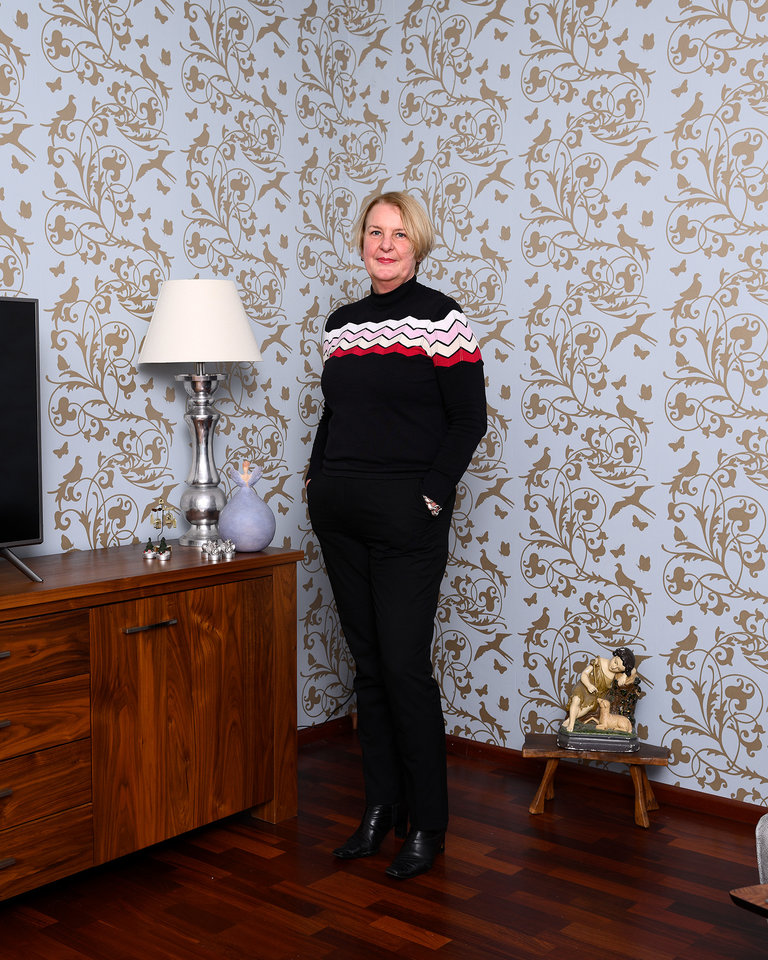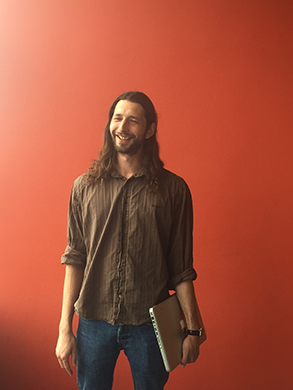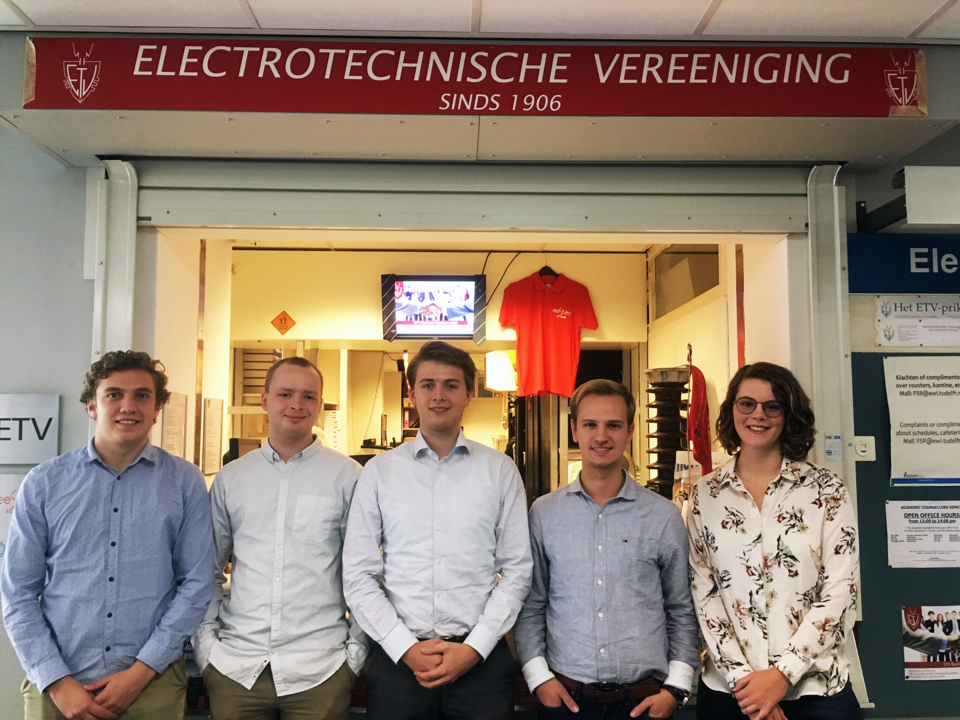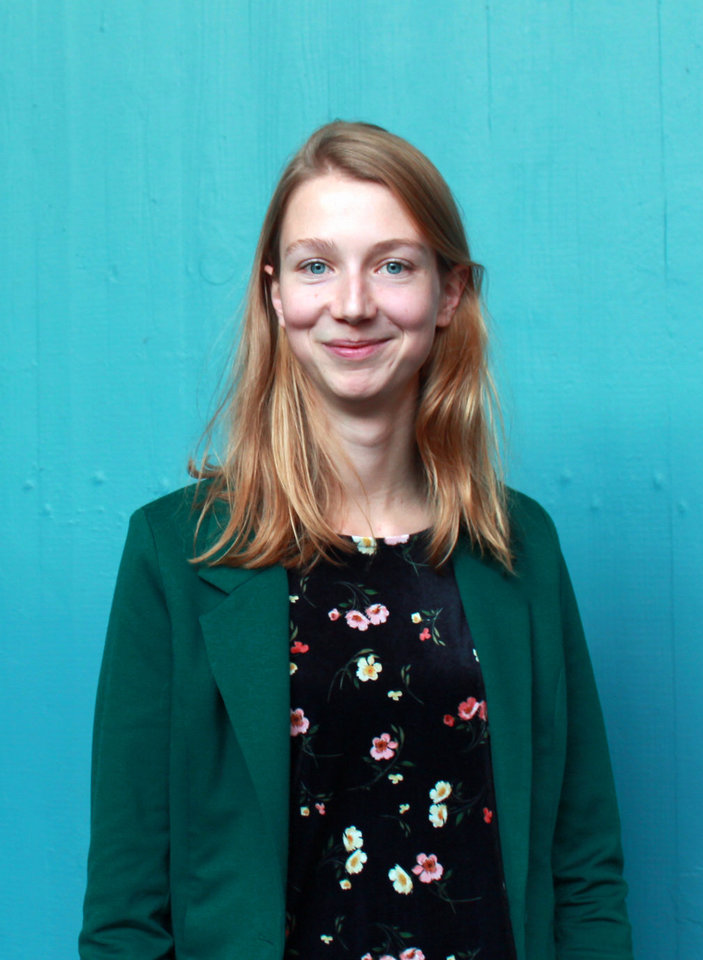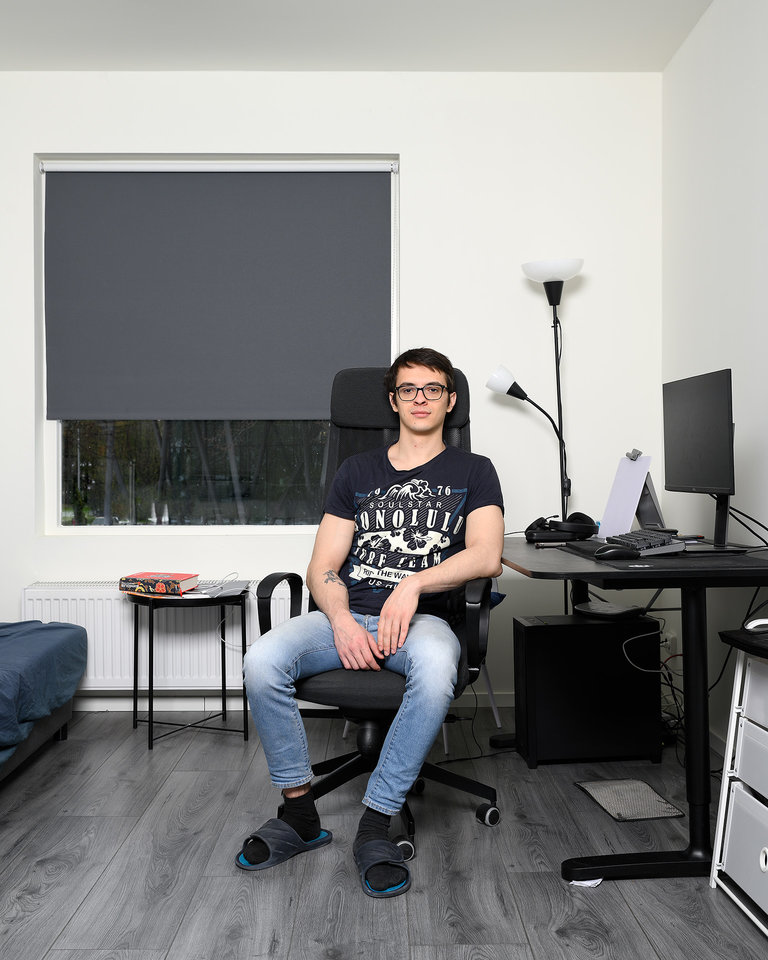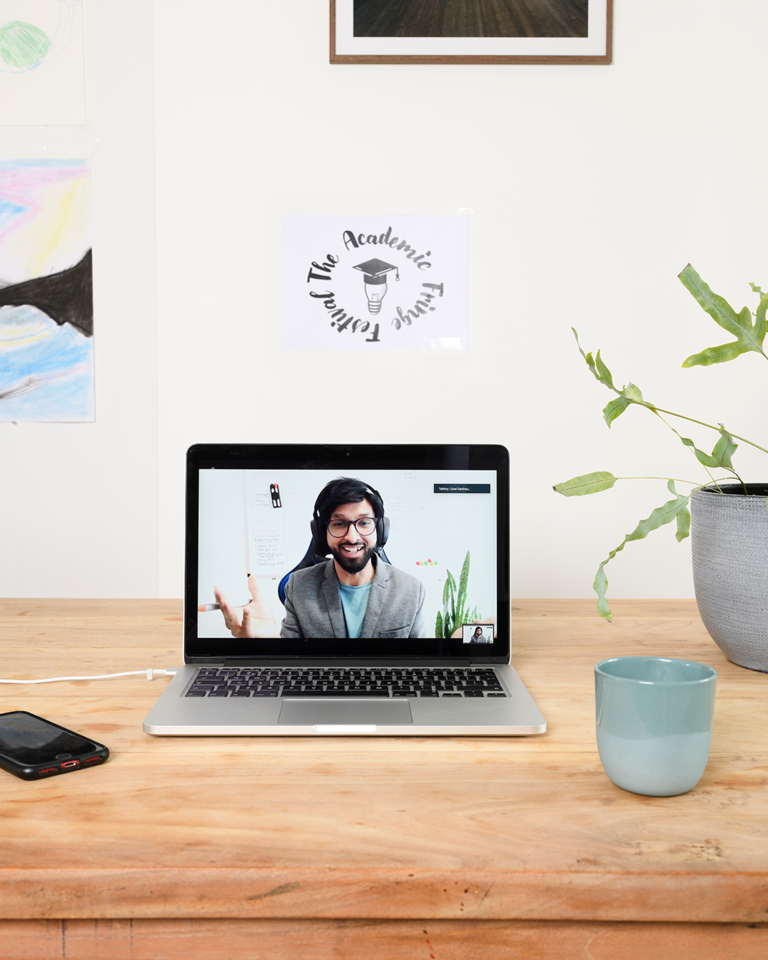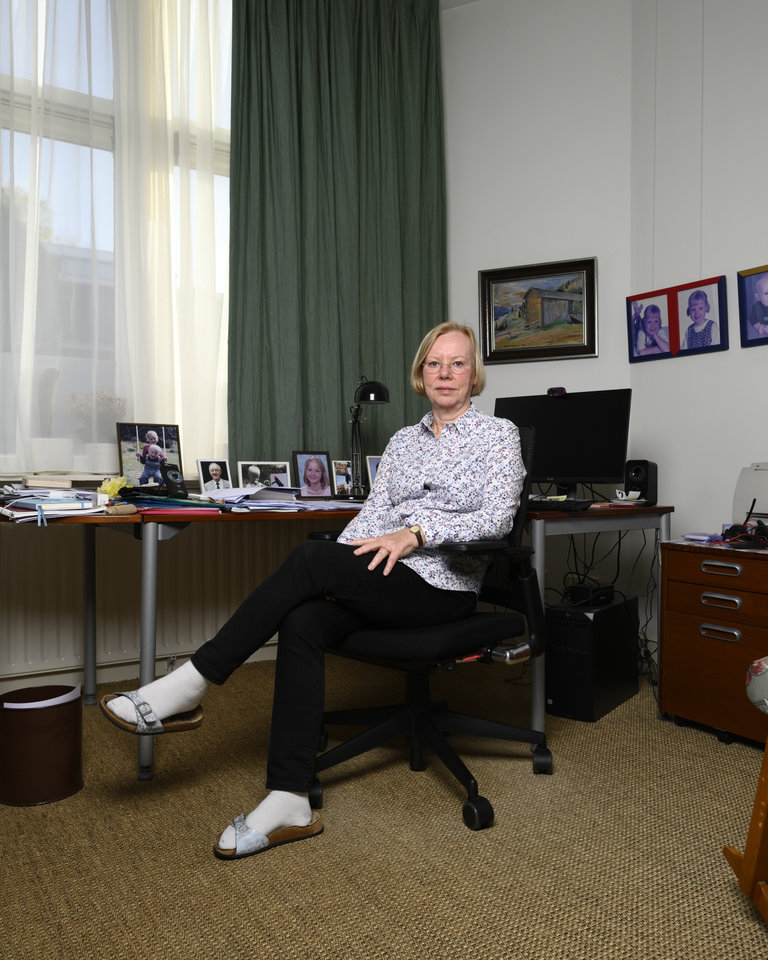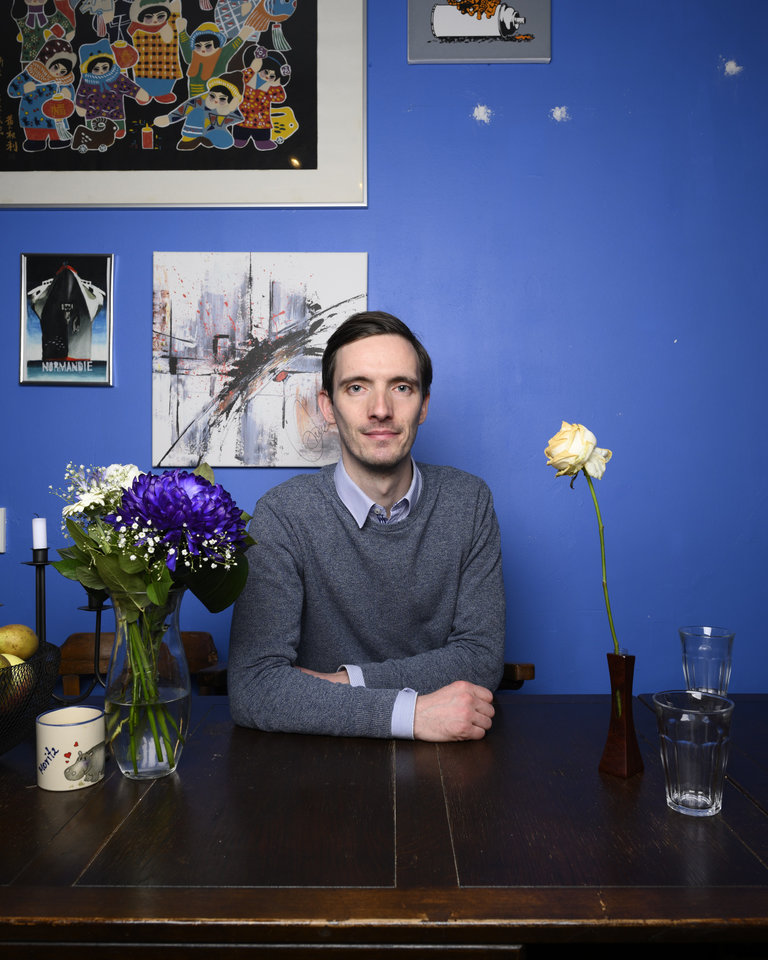Since my burnout - from before I worked at EWI, by the way - I reflect weekly on how I am doing. I ask myself questions such as 'am I too busy?', or 'do I feel rushed?'. I have learnt that when looking for answers to those kinds of questions, I really need to listen to both my body and head. Tension and stress go into your body, so when you have too much on your plate, you notice it in your body and between your ears. Perhaps that is why one of my favourite methods to relax is running - a physical activity. Whatever my schedule is, I make time for that, whether I am busy or not. And now that since corona we also work increasingly from home, I schedule those moments when they are most convenient for me. On Tuesday mornings, for instance. It is no problem after all to work out for an hour, if you work for an hour longer afterwards. Finally, and perhaps just as importantly: since my burnout, I really try to avoid e-mailing in the evening or at weekends. If I were to sum it all up: I am much more conscious about what my working hours are, and what my free time is. Enough sleep, enough rest and enough exercise complement that, but it starts with clear rules for myself.
Of course, there are periods when I really need to work a bit more, and also longer than 40 hours a week. I work in Finance, so there is quite a bit more work pressure when we are finishing the budget. And that's not a problem – as long as after the busy period we can go back to working normally. It has to be very clearly balanced. And I have to admit, to my regret perhaps, that I also enjoy working hard for a short while. I just like my job, especially in a place like EWI: there are so many opportunities here, and our work has so much impact on the steering of the faculty. But that, of course, is also the pitfall.
I live on Goeree-Overflakkee, which is an island, so when I go home I have to cross either a bridge or a lock, and I notice that this is increasingly becoming a very clear boundary for where my work begins and where it ends. Once I've crossed the water, I instantly feel like I'm coming home, and work slips away from me, as it were. My thoughts are then no longer with work, but with my family. For example, I coach my son's football team – and I prepare the training in advance.
The crazy thing is that my burnout caught me completely off guard, when I really could have seen it coming. In the period just before my breakdown, I was just as much in a hurry at home as I was at work. I ran a lot less and even my wife kept asking me if I wasn't too busy at work. And yet I kept going, until suddenly I just couldn't anymore. So while I think it is extremely important that we are more honest with each other about how things are really going, it is especially important to first be honest with yourself. By sometimes really recognising and acknowledging that your workload is too high. At that point, it is incredibly important that workload is taken up properly by your work environment - to be honest, I have unfortunately experienced myself what happens when support from work is not fully there. That is why I started looking for a coach, with whom I still have regular appointments – and although TU Delft obviously supports me in this, as far as I am concerned we should also give each other much more support. Managers in particular have a very important role in this: it is extremely important to keep a finger on the pulse of your own employees. And I don't mean just asking once a year during an R&O how the other person is doing, but instead regularly taking the time to discuss each other's situations. In that respect, we absolutely can, and must, take huge steps as an organisation.
